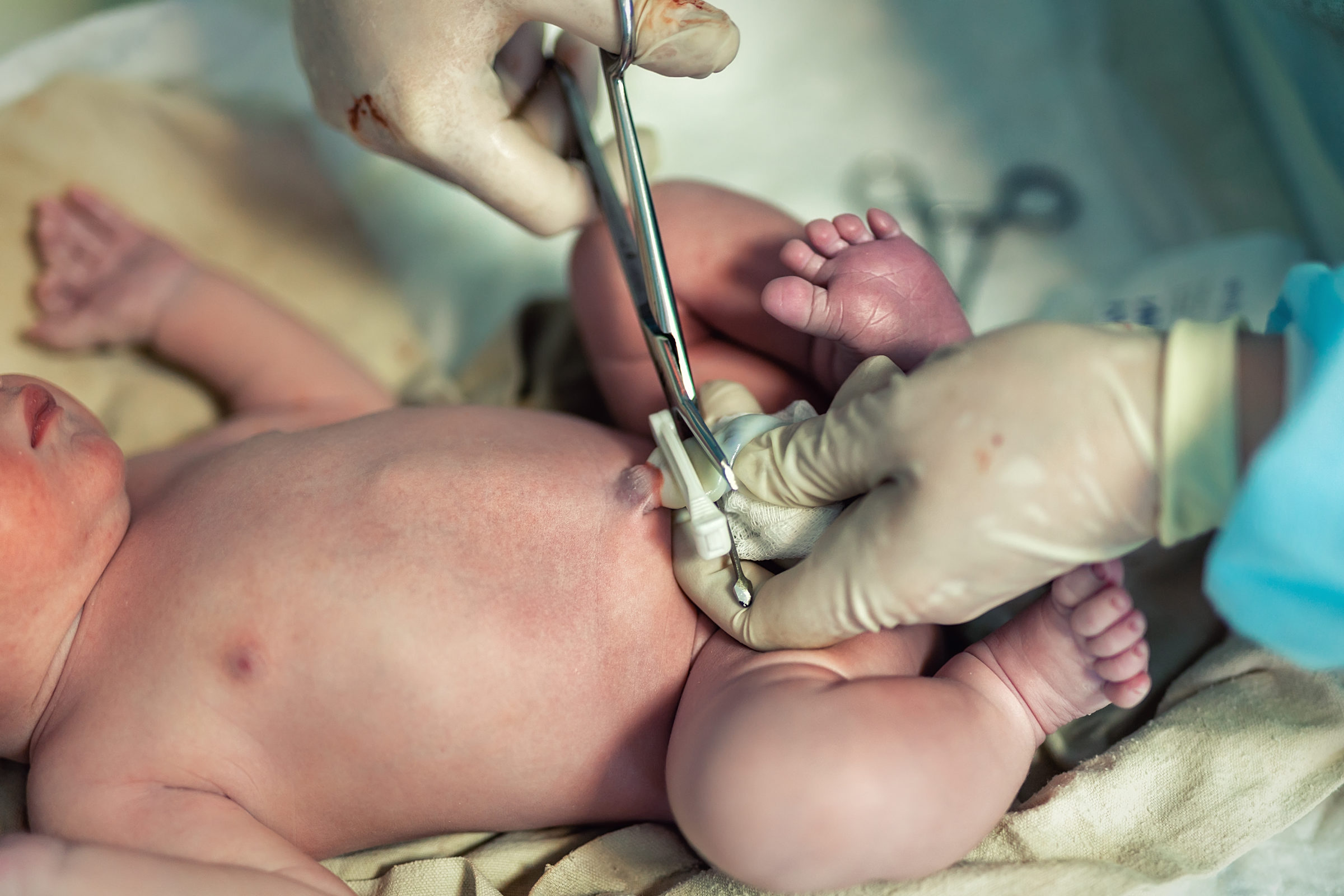Doctors Kill 10 Percent of All Babies Who Die in Flanders
Originally published at National ReviewBelgium has no age limit for its euthanasia. Now, a letter published in a British Medical Journal publication reports that 10 percent of babies who died from 2016 to 2017 in Flanders — up to age one — were given drugs by their own doctors with “an explicit life-shortening intention.” In other words, they were euthanized, a.k.a., infanticide. From the study:
While decisions to withdraw life- prolonging treatment are most prevalent, the proportion of infants dying after administration of medication with an explicit life-shortening intention is striking.
I’ll say! Infanticide has, until pretty recently, been considered a profound human-rights abuse.
It would appear that these babies were killed because they did not die right after birth:
Withholding treatment is more prevalent in infants dying in the first week of life (18%) and infants dying due to pregnancy complications with repercussions on fetal health (23%). Medication with explicit life-shortening intention is more prevalent in infants dying between 7 and 27 days (26%) and infants dying of disorders acquired after birth (26%).
Instead of demanding immediate action to stop these homicides, the authors suggest that a framework be considered to permit infanticide under more controlled conditions. But there could also be a downside to binding regulation:
However, the incidence rate [with the Netherlands] raises a two-sided argument: increased evaluation and monitoring of the practice [infanticide] can regulate and guide an ethically laden practice, yet it could limit neonatologists in making decisions they think are justified and in the best interest of the child.
Infanticide cannot be ethical medical practice, by definition. Good grief!
The moral of the tale? There is no such thing as a little euthanasia. Granting doctors (and, increasingly, nurses) a license to kill eventually corrupts medicine — from the beginning of life to the far reaches of old age. Those with eyes to see, let them see.
